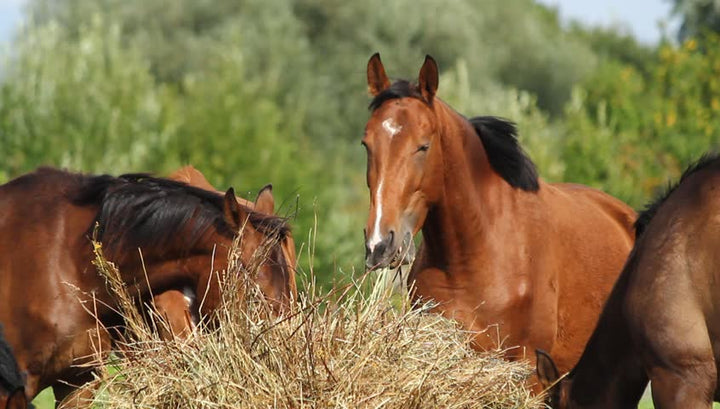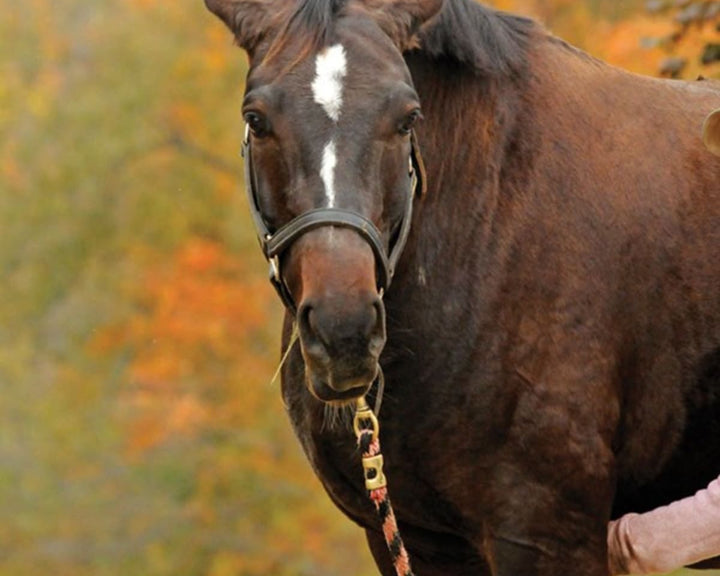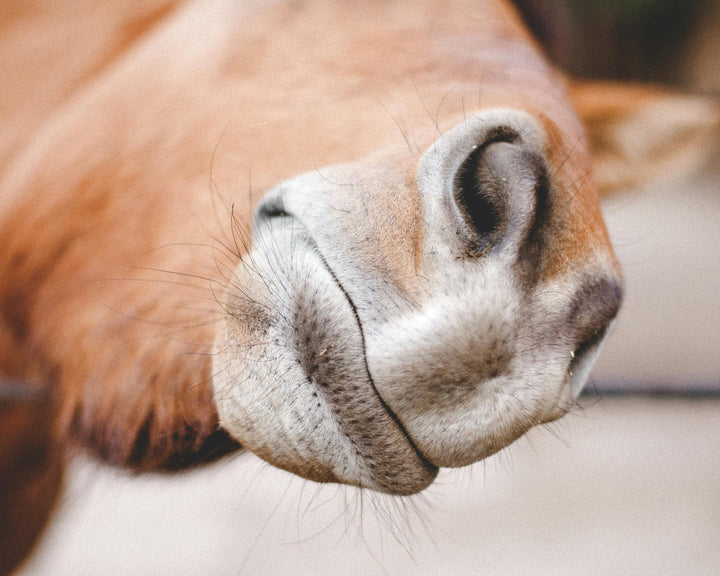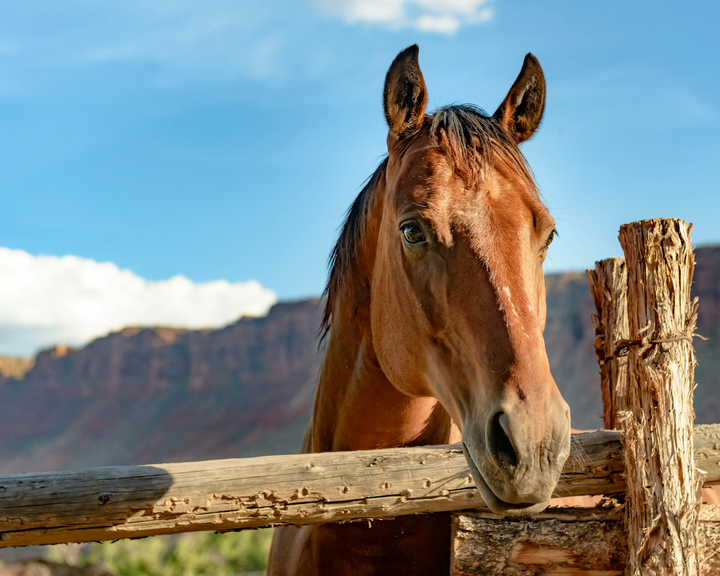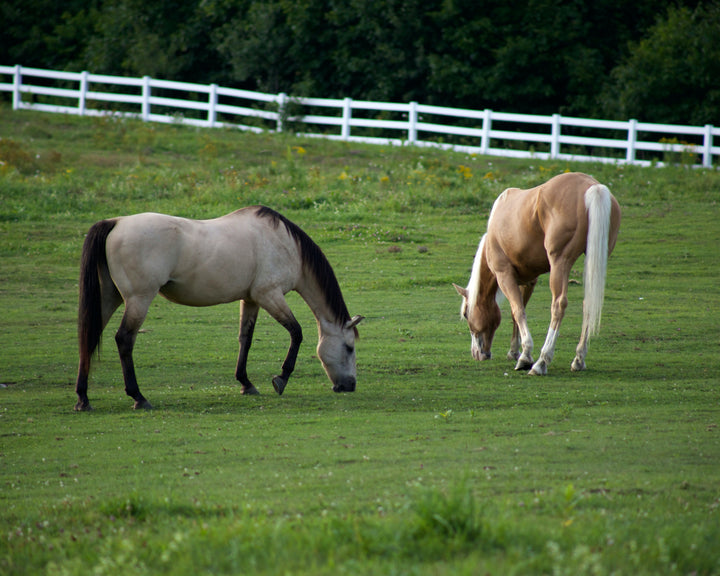The acid rebound period is a phenomenon in which stomach acid increases following the end of omeprazole treatment. Read more managing acid surge in horses!
The Rebound Effect: Managing Equine Acid Surge Post-Omeprazole
The acid rebound period is a phenomenon in which stomach acid increases following the end of omeprazole treatment. Read more managing acid surge in horses!
The #1 best practice for treating ulcers in horses naturally
Published: November 2020 | Updated: May 2024 Key Takeaways: The type and length of ulcer treatment for horses that your veterinarian prescribes will depend on the exact location in the...
4 Tips for Detecting Gastric Ulcers in Horses
Published: November 2020 | Updated: May 2024 Key Takeaways: Feeding practices and stress are the two main causative factors behind equine gastric ulcers. It’s safe to assume that the majority...
Explained: Stereotypic Behaviors in Horses
Stereotypic behaviors are repetitive, abnormal behaviors that can develop in horses, usually in those that are kept confined for much of the day. In fact, researchers believe that anywhere between...
The Missing Piece to Solving Cribbing in Horses
Cribbing, also known as windsucking, is a behavior that is commonly heard of in the world outside of horses, but no one seems to really understand what it is or...
What you need to know about the margo plicatus
Published: January 2021 | Updated: September 2022 Equine stomach function and anatomy probably isn’t at the forefront of most horse owners’ thoughts. However, there are a few things performance horse...

